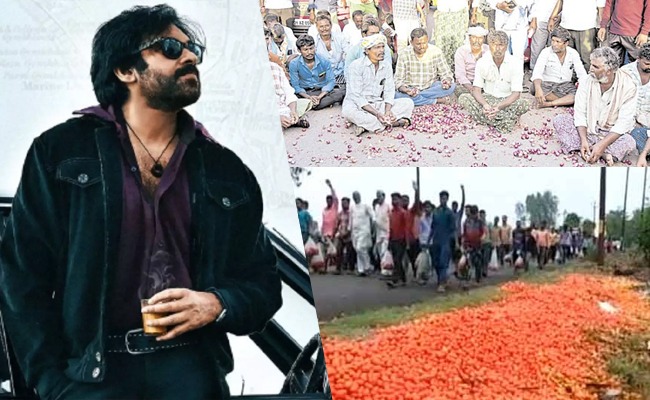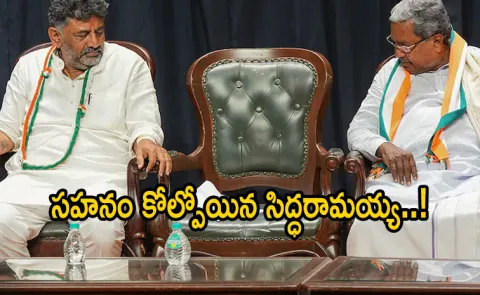The Andhra Pradesh government, under the leadership of Chief Minister N Chandrababu Naidu, is facing mounting criticism for its handling of economic issues that directly impact citizens. Recent reports revealed that onion prices have plummeted to an astonishing 30 paise per kilogram, causing widespread concern about the effects on farmers and the agricultural sector.
At the same time, tickets for the upcoming Organised Games (OG) are set at a steep Rs 1000, sparking debates about government priorities. Citizens and analysts alike are questioning why recreational events are being promoted at high costs while farmers struggle to earn a fair income from their produce. Many argue that such disparities reflect a misalignment of policy focus, where large-scale events receive more attention than critical sectors like agriculture.
Farmers in Andhra Pradesh have expressed deep concern over the situation, noting that low onion prices threaten their livelihoods. Onions are a staple crop for many families, and such drastic price drops can result in financial instability for those who rely on selling their produce. Farmers are calling for government intervention to ensure minimum support prices and stabilize the market, warning that prolonged low prices could lead to severe economic consequences in rural areas.
Government officials have explained that the low price of onions is a temporary market fluctuation caused by an oversupply. They claim efforts are underway to regulate prices and provide support to farmers through procurement programs and subsidies. However, critics remain unconvinced, pointing out that the measures are reactive rather than proactive.
The high cost of OG event tickets has also drawn criticism from the public. Many citizens feel that charging Rs 1000 per ticket is unreasonable in a state where everyday essentials like onions are at rock-bottom prices. Social media platforms are abuzz with debates, with users expressing frustration over the government’s apparent focus on grand events over pressing economic concerns.
This stark contrast between affordable essential commodities and expensive entertainment events highlights the challenges of balancing economic policy and public welfare. Experts suggest that the government must adopt a comprehensive strategy that simultaneously supports farmers, stabilizes prices, and encourages responsible spending on public projects.
As discussions continue, citizens are urging the Andhra Pradesh government to prioritize sustainable agricultural practices, provide financial support to struggling farmers, and ensure that market fluctuations do not jeopardize rural livelihoods. The situation has become a focal point in local discourse, raising broader questions about governance, economic planning, and social responsibility.
The coming weeks will be crucial in determining whether the government takes meaningful steps to address these concerns. With public scrutiny intensifying, officials face pressure to implement policies that balance the needs of farmers with large-scale projects like the Organised Games, ensuring that economic growth does not come at the expense of those who produce the state’s essential commodities.
If y


